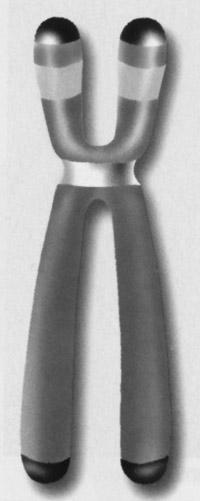Telomeres and cellular aging

Telomeres are structures located at the edges of the chromosomes of higher beings. In addition to chromosome protection, telomere activity is closely related to cell aging and cancer development.
As cells fragment and age, telomeres shorten. Once they reach a minimum, telomeres lose the ability to perform their functions and the cell dies. Telomeres are therefore structures that control aging and adequate cell proliferation. Researchers have found that telomeres do not shorten in tumor cells. As a result, cells become immortal and tumor cells constantly multiply.
The process of recapitulation of telomeres is an important research topic and at the Autonomous University of Barcelona there has been another step in the knowledge of these mechanisms. A team of researchers from the Genetics and Microbiology department has observed that the female inactive X chromosome telomere is shortened faster than that of the asset. It is the first time that telomeres of the homologous chromosomes of the same species have different shortening speed. The observation indicates that DNA structuring influences the reduction of telomeres, since the only difference between the two X chromosomes is the different DNA structuring.
Discovery can be an important step forward in understanding cancer.





